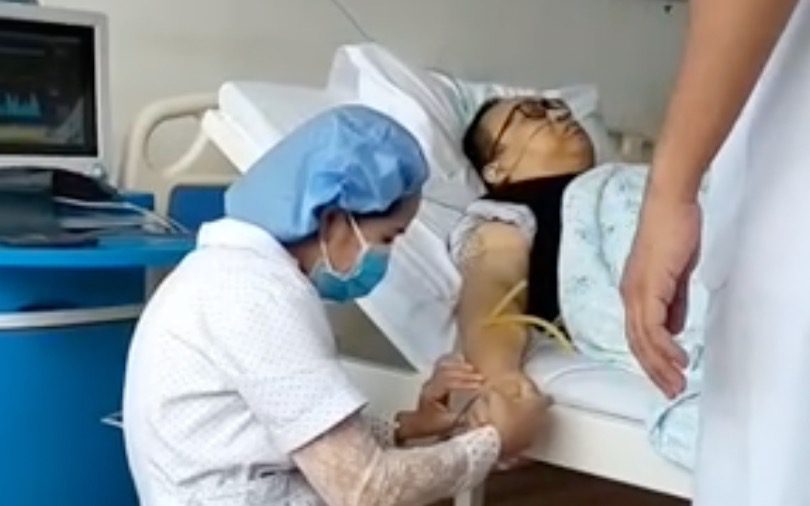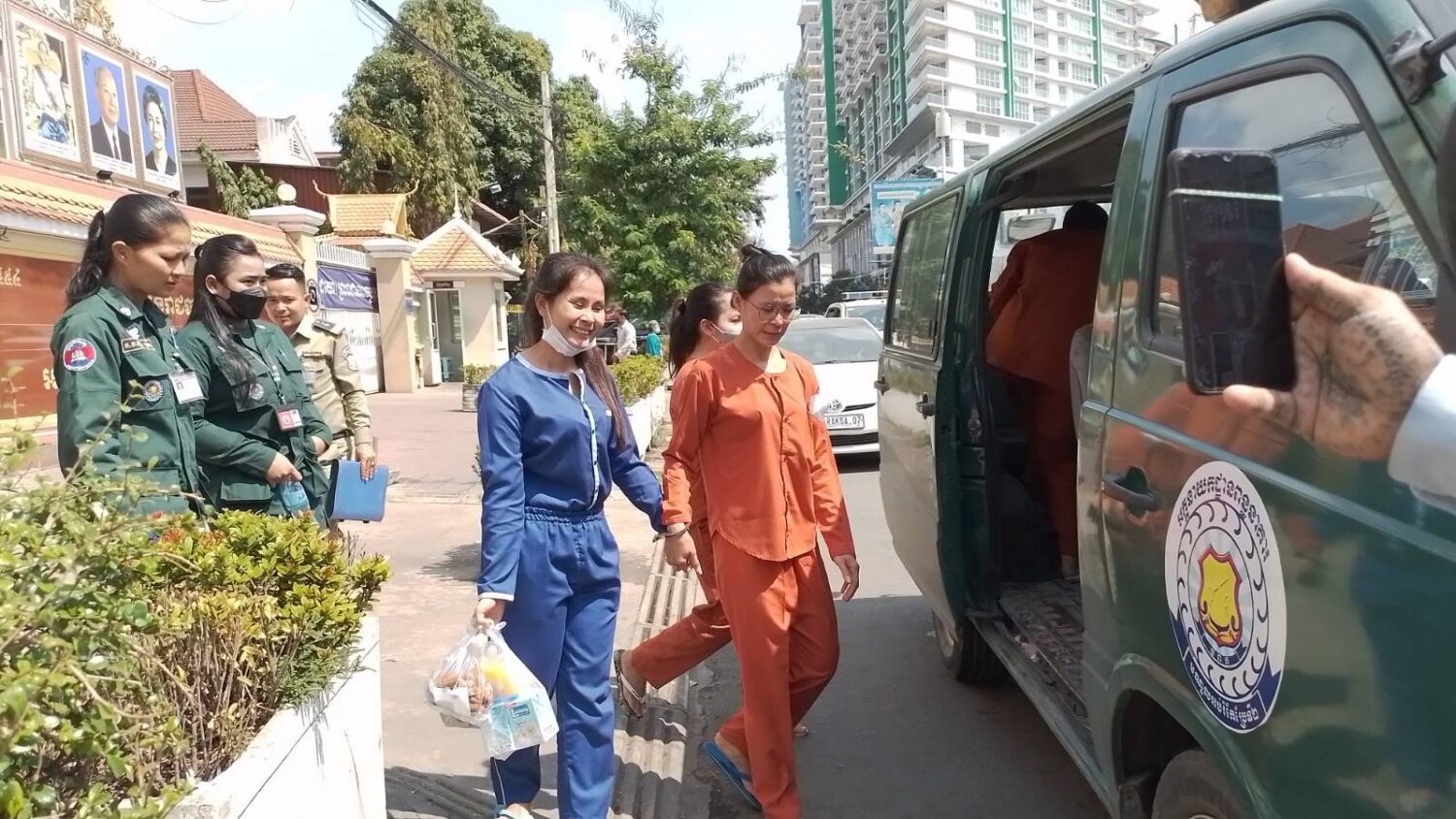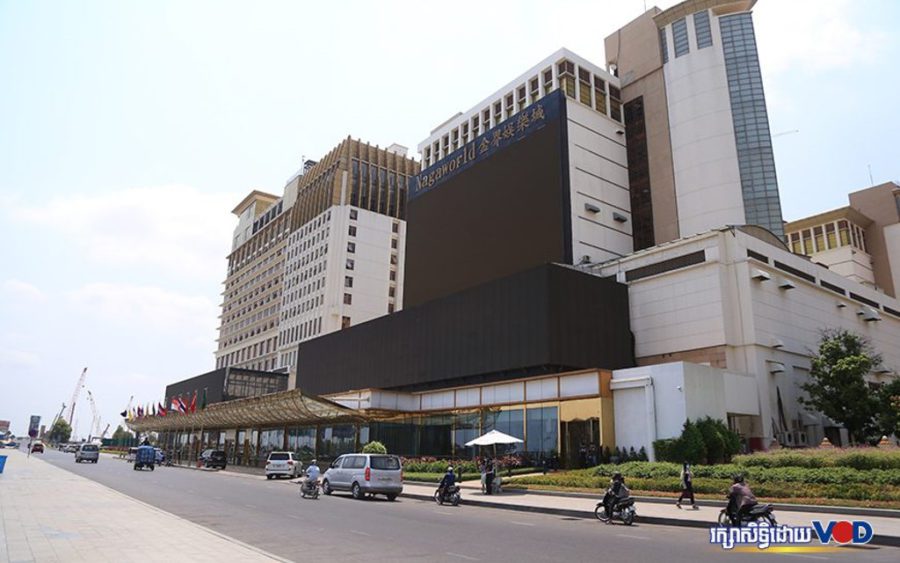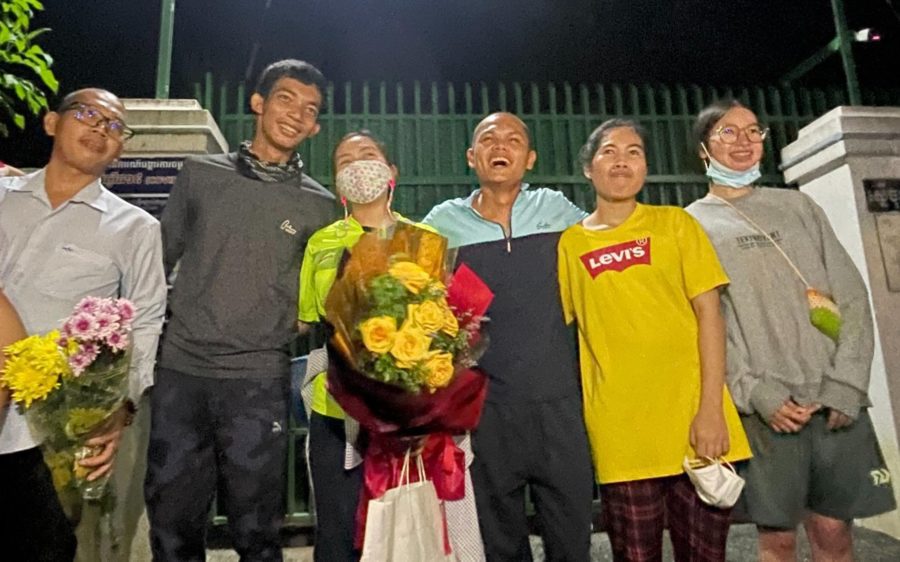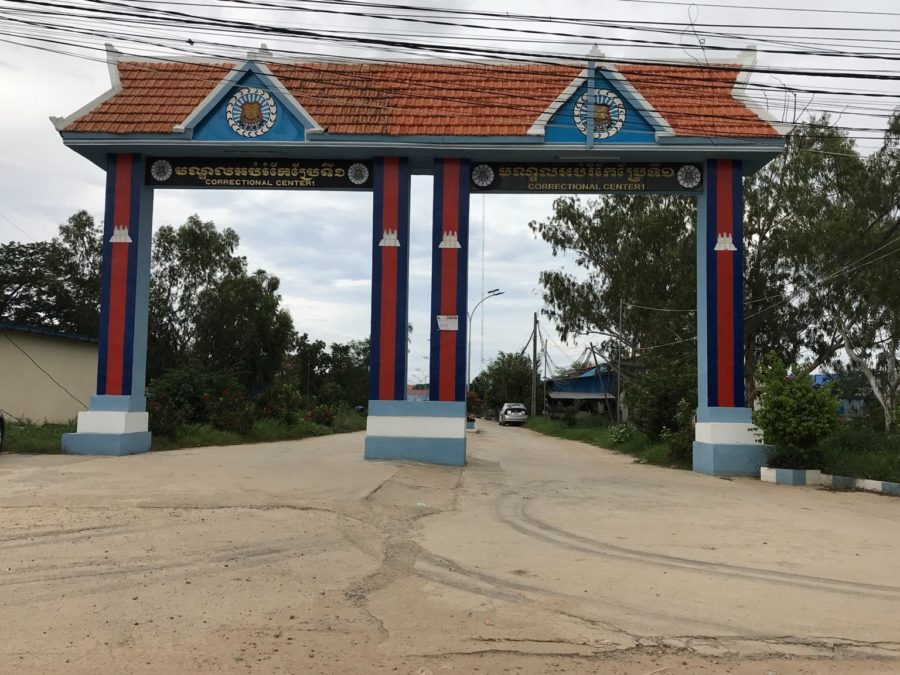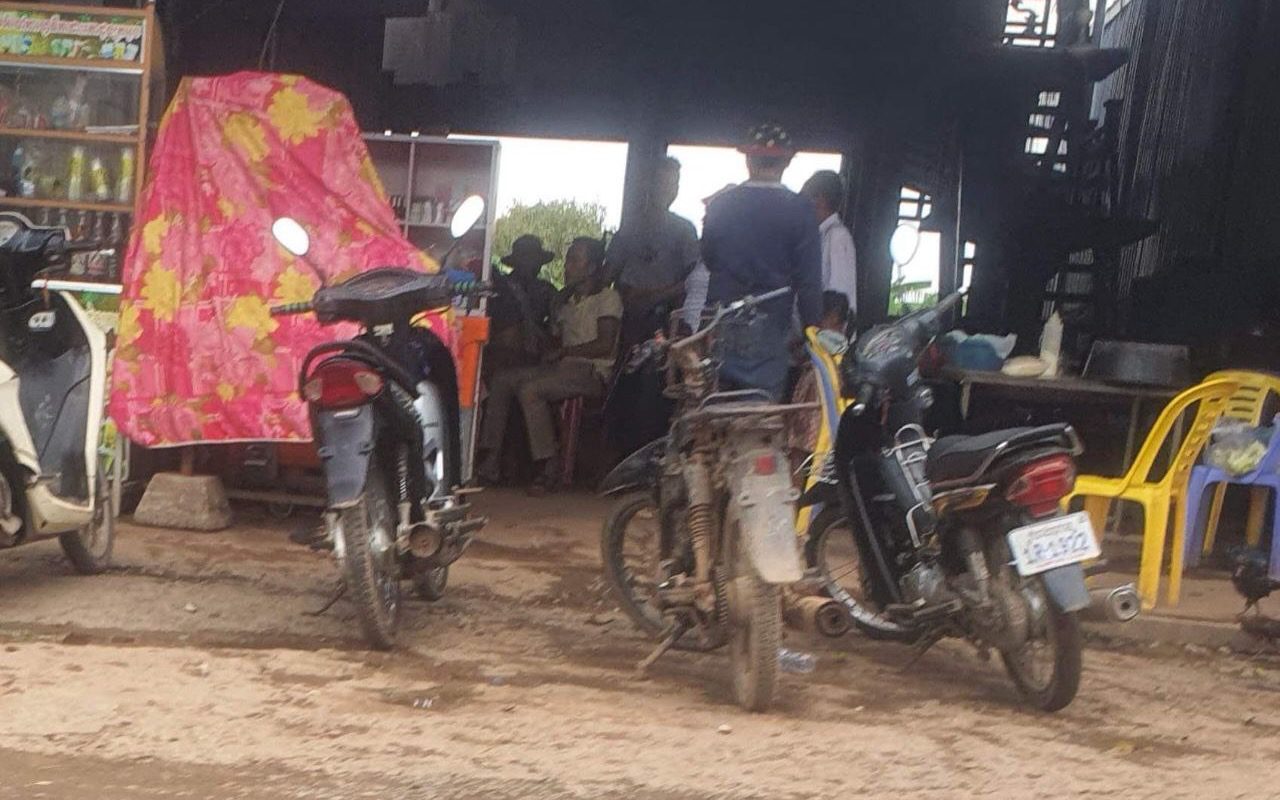In a hospital in Phnom Penh’s Chamkarmon district, a man in his early 30s is receiving a steady drip of two bags of blood a day. He has been there since Friday.
His whole body is swollen, a mark of bloating from his condition, he has been told. Medical staff attend to him carefully. The man says he believes he is now recovering.
The Chinese national this week alleged a scam operation in Cambodia had drawn blood from him multiple times since August, leaving him frail and putting his health at serious risk.
He arrived in Cambodia in June. He had been a security guard in Beijing, but hearing there was better paying work in Guangxi province, near the Vietnamese border, he made the journey.
After six nights at Pingxiang city on the border, he was offered an interview. He didn’t question that the interview was at night since it was purportedly for a nightclub. He was taken in a car with another job seeker.
But after one change of cars, “a gun came out, and we realized it was too late.”
“We were forced to drink some water during the journey. Mine was water, his was Coke,” the man says. He quickly fell asleep, likely drugged, he says.
For several days he was driven by car through Vietnam and into Cambodia. The cars and handlers changed repeatedly, and the number of passengers grew.
He believes he arrived in Sihanoukville on June 27.
Speaking at his Phnom Penh hospital bed this week, the man struggles to breathe. He says his leg is lame from the beatings and electric shocks he received during his months in captivity.
After arriving last year, his first stop was a place he knew as “Jinshui Building 10,” in Sihanoukville’s notorious “Chinatown” precinct near O’Tres beach. There, and elsewhere, he refused to go along with demands that he perpetrate online scams, and as a result he was beaten. “They saw I didn’t know anything, so they sold me,” the man says.
After two weeks at Jinshui, he spent a month and a half at another location in Koh Kong province — where he says he was also beaten — then returned to Chinatown, to a facility he knew as “Kaibo.”
“In August, they started drawing blood from me,” the man says. Since he refused to work, it seemed they were trying to profit from him in another way, he says.
“They didn’t draw blood from everyone. Some left after they got checked. Some had one vial drawn from them and then left. Not like me, my blood type. They drew the most from me. There was another person like me, also blood type O, we were similar. That person left before me. He was sent away.”
The doctors who drew his blood seemed skilled, he says. They filled two 350 mL bottles each time, and placed them in a cooler.
The man says he doesn’t know where the blood was taken.
Over several months, he had blood drawn from him seven times, until they were unable to draw any more, he says.
The American Red Cross recommends waiting at least eight weeks before donating blood again, and average blood donations are around 470 mL. People with blood type O are universal donors and can give red blood cells to anybody.
The Chinese Embassy in Phnom Penh acknowledged the case in a statement issued late Wednesday.
The man “was duped by a false job advertisement” and was “coerced by criminals into being smuggled to Cambodia,” the embassy said.
He was “later illegally detained by online gambling and scam gangs in Chinatown in Sihanoukville, and had large quantities of his blood drawn repeatedly, until he was in critical condition,” it said.
The embassy has reported relevant leads to police, who are working to investigate, it said.
The director of Phnom Penh’s Bethune Cambodia China First Hospital, Zhu Minxue, earlier told Chinese media that the man had been brought to the hospital in a severe condition.
The hospital’s head nurse struggled to find a vein, he told Shangyou News. The nurse had to cut into his thigh to find a usable vessel, he said.
A staff member picked up the phone at Bethune hospital on Wednesday, but did not give his name.
“When he arrived he was in a very serious condition and his body was swollen and his face was pale without blood,” the staff member said. “We have never seen it before here.”
“He said that Chinese people had drawn his blood to torture him because he did not obey those Chinese people,” he said. “I feel sympathy. This should not happen. This is cruel.”
A person who picked up the phone at KB Hotel in Sihanoukville’s Chinatown area, which is referred to in Chinese as Kaibo, hung up the phone on a reporter. There are several buildings around the hotel where rescued victims have alleged trafficking and detention. The blood-harvesting victim did not say he was at the hotel itself.
A call to the Union Development Group’s Dara Sakor resort in Koh Kong province, where the Chinese man believed he was taken, was met with denial.
“We don’t know about this and we’ve never heard about this. What is his name and where is he now?” a Dara Sakor company representative, who did not give his name, asked. “Our location is huge and it is not only one company in here. You should clarify with him clearly which company he worked for.”
Provincial police in Koh Kong and Preah Sihanouk could not be reached on Wednesday. Koh Kong administrative chief Sek Sam Ol said he had no information about the case.
Sihanoukville city governor Y Sokleng said control of the Chinatown area was beyond his reach.
“This is far beyond the city’s management because their location is huge,” he said. “Related to permits, it could be at the national level. … This is far beyond our competence and I cannot elaborate on it.”
Tourism Ministry spokesman Top Sopheak said the ministry issued licenses for hotels with over 21 rooms, and had the right to suspend it if there were crimes.
However, “when a crime occurs, it is not the Ministry of Tourism that is authorized to look into it, but local authorities are the ones to take action,” Sopheak said. “The [local] authorities have the right to shut down the hotel or request the ministry to suspend the license.”
The Chinese man continues to receive blood every day at the Phnom Penh hospital. The trafficking victim declined to be named, though he provided photos and said he wanted to share the details of his situation to spur action. Attending doctors massage the bag of blood hanging above his bed. He says he is still being monitored and doesn’t know when he can be discharged.
He recalls his time in captivity, an endless routine of being shuffled around the Sihanoukville compound.
“They said that after the Chinese New Year they would get rid of me, because I didn’t have any blood left, so there wasn’t much else to squeeze out of me. They wanted to get the last bit of money out of me.”


